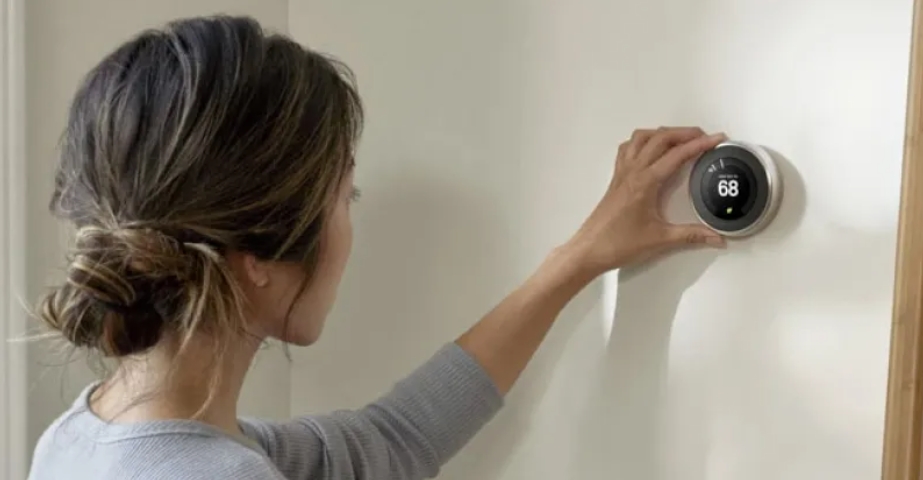
Renew Home, a residential virtual power plant (VPP) service, has launched out of the combination of Google’s Nest Renew service and OhmConnect, which the new company says brings together millions of customers across the nation.
Renew already controls nearly 3GW of electrical energy use, and is planning to expand to 50GW by 2030 – approximately 25% of the total VPP growth recently projected by the U.S. Department of Energy (DOE). DOE projects that by tripling the scale of VPPs, we could meet 10-20% of peak electricity demand by 2030 – which would avoid $10 billion in grid costs.
Renew Home was backed by a $100M investment from majority owner Sidewalk Infrastructure Partners (SIP).
“The marriage of Nest’s innovative approach to managing energy use in the home with OhmConnect’s customer-focused grid services platform will be transformational,” said Renew Home CEO Ben Brown. “With our industry-leading partners, Renew Home will be able to coordinate the home energy use of millions of customers to help catapult us into a 100% clean energy future.”
Renew Home is already working with the Google Home APIs as a platform provider of integrations to control devices and energy use in millions of homes, the company said. Renew Home also integrates with additional devices and appliances in the home – including LG, Honeywell, SunPower, Sense, and others – and will support demand response and VPP programs with more than 100 utilities.
“This is a pivotal moment for virtual power plants,” said Alan Machuga, CTO of Rheem. “We are excited to partner with Renew Home to help customers save money and energy – while supporting the grid. As a leading manufacturer of HVAC and Water Heating products, Rheem uniquely brings both potential for energy savings and energy storage, to which water heaters play a critical role.”
VPPs are aggregations of distributed energy resources (DERs) such as smart appliances, rooftop solar with batteries, EVs and chargers, and commercial and industrial loads that can balance electricity demand and supply and provide grid services like a traditional power plant.’VPPs are aggregations of distributed energy resources (DERs) such as smart appliances, rooftop solar with batteries, EVs and chargers, and commercial and industrial loads that can balance electricity demand and supply and provide grid services like a traditional power plant.
Many states are starting to take notice of VPPs’ potential to reduce grid strain, with pilot projects and VPP development recently announced in multiple states. A recent report found that California’s market potential for VPPs could hit 7.5 GW by 2035, exceeding 15% of peak demand and 5 times the existing capability.